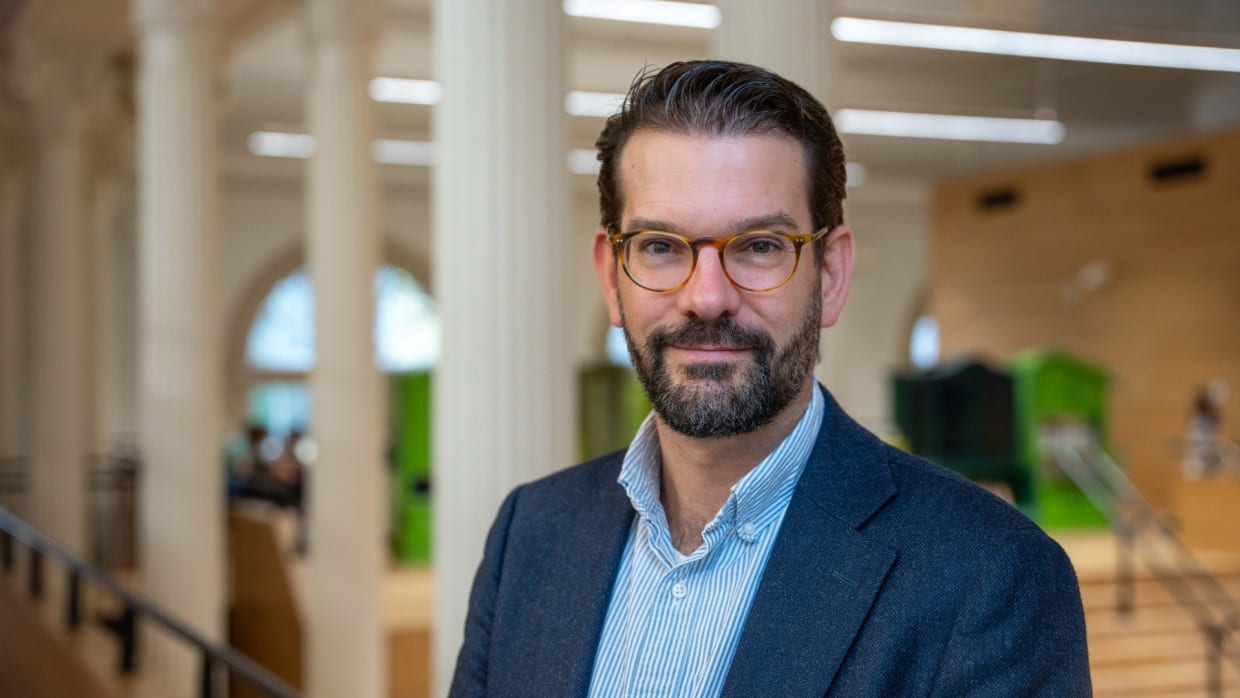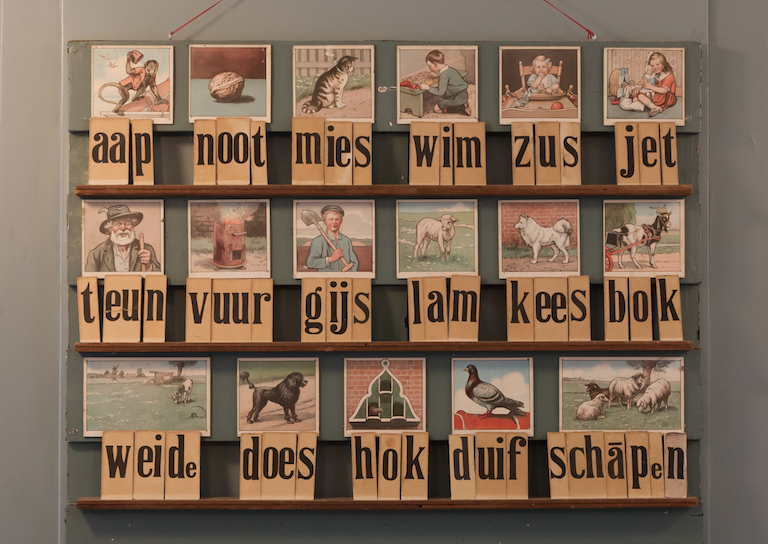Jobs at risk, universities threaten new government with legal action

- by maurya18@gmail.com
- July 7, 2024

The letter to the minister
“We would like to congratulate you on your appointment as minister and wish you every success,” write the college presidents of the Dutch universities and the president of their umbrella association UNL. But after that polite opening, things explode.
They are “tremendously concerned” about the new administration’s “sweeping cuts.”
Funding for scientific education and research will “sink to the bottom limit” and the future of the Netherlands “is at stake.”
Universities, colleges, and the Ministry of Education, Culture, and Science (OCW) jointly signed an administrative agreement in 2022. This included agreements on money for national sector plans. This agreement cannot be changed unilaterally, the letter writers believe.
They list the damage of the cuts. A total of 1,200 jobs will be at risk if the money for sector plans disappears. Adding the other cuts to research would mean as many as 5,000 jobs. These could be forced layoffs. There is a danger of losing a generation of young scientists who cannot get a job. For those who remain, the already considerable workload will increase.
Programs will have to close or merge. Students will end up in larger study groups and receive less supervision. Scientific research will become weaker, harming the Netherlands’ international standing. “This threatens to become a negative spiral, resulting in a brain drain.”
The letter also includes an attachment from a law firm that repeats the arguments in legal terms. (HOP, BB)
You are a member of the VVD and sit in the Senate. Your party also signed this agreement. How will things go later when this policy reaches the Senate?
“The honest answer: That is not at all an issue right now. All we have is an outline agreement with ideas. It still has to be turned into plans which must then be made into legislation, and then the Council of State will advise on it. Then the House of Representatives deals with the bills and can still make any necessary adjustments. Only then does the Senate come into the picture. We don’t know what the world will be like by then. There’s no point anticipating that.”
“OCW bills are not in my portfolio. I don’t deal with them in the Senate. My job is to make sure that the measures that make it to the Senate do as little damage as possible to the power of innovation and to students.”
But your letter states that the future of the Netherlands is at stake. Shouldn’t you urgently address your party colleagues on this?
“I speak with all groups, including the VVD and the other parties. We believe it’s crucial to talk to all parties about the importance of scientific education and research.”
You are a professor of public administration in Groningen. What would the plans mean for your field?
“Education will become less personal because of larger groups. We see that 5,000 jobs will disappear with these cuts. That entails layoffs, meaning fewer teachers and less expertise. The question will be whether all those courses can still be offered, so education might become less accessible. Research will also be compromised, even though that is what helps society move forward. In public administration, all kinds of research is done on social polarization, trust in the government, and the functioning of the government – these are all things that this government considers important. This coalition wants the government to work more efficiently with fewer civil servants and less money. To do that, you have to know how to do it wisely so that you do indeed improve the functioning of the public sector. That is something that should be done based on evidence, and that requires research, and such research is really at risk. For the ambitions of this government, you need well-trained people and innovative knowledge. For that reason alone, we shouldn’t cut back on scientific research.”
The Latest News
-
December 20, 2024Nederland – Griekenland op tv: hoe laat en op welke zender kijk je naar Oranje?
-
December 20, 2024Travel Legends organiseert bijzondere wijnreis met topsommelier Noël Vanwittenbergh – Reisbizz
-
December 20, 2024NBA publiceert Alert vanwege late implementatie CSRD in Nederland
-
December 19, 2024Duurzaamheidsregels EU moeten minder complex worden
-
December 18, 2024Jas met camera ontdekt in kleedkamer basketbaljeugd, trainer aangehouden

/s3/static.nrc.nl/wp-content/uploads/2024/11/28144833/data124932759-91e855.jpg)



